M C Mehta vs Union of India
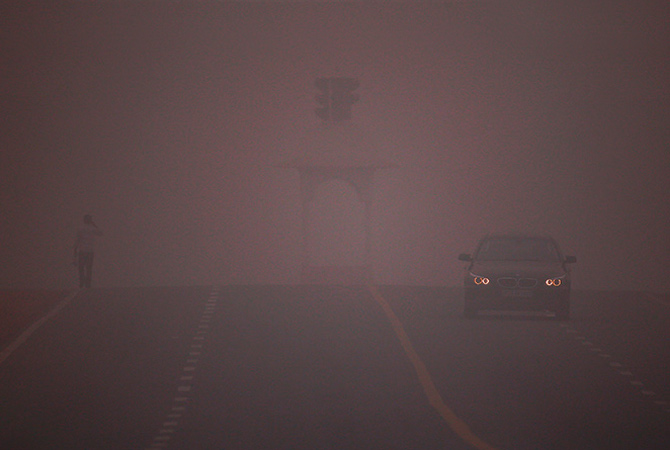
The diesel car sector heaved a sigh of relief when the Supreme Court in August diluted its order passed last year barring registration of luxury vehicles in the National Capital Region. Automobile makers would now have to pay a levy equal to a mere 1 per cent of the ex-showroom price of diesel vehicles with an engine capacity above 2,000 cc.
The order was passed in the continuing public interest litigation seeking to remedy air and water pollution in Delhi.

COAI vs Union of India
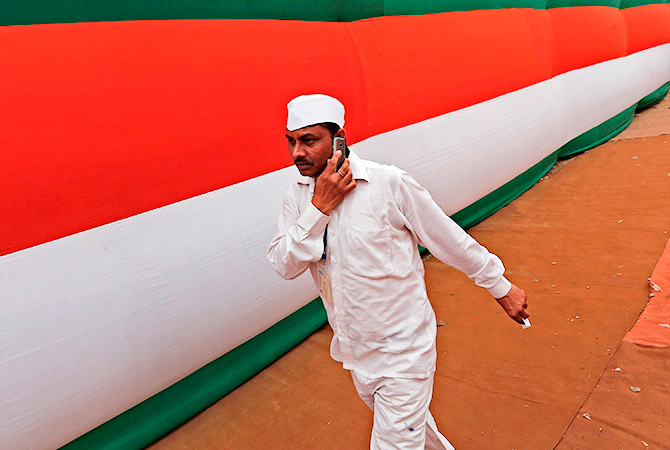
In a huge relief to telecom companies, the Supreme Court in May struck down the penalty imposed on them by the Telecom Regulatory Authority of India (Trai) for call drops. The judgment stated that the Rs 1 fine on each call drop was arbitrary, unreasonable and non-transparent.
Earlier, the Delhi High Court had upheld the Trai regulation observing that it would improve the quality of service. The telcos appealed to the Supreme Court, which agreed with them and stated that there could be several legitimate reasons for call drops. It rejected Trai’s contention that a cartel of top telcos was making profits without improving their services.

BCCI vs Cricket Association of Bihar
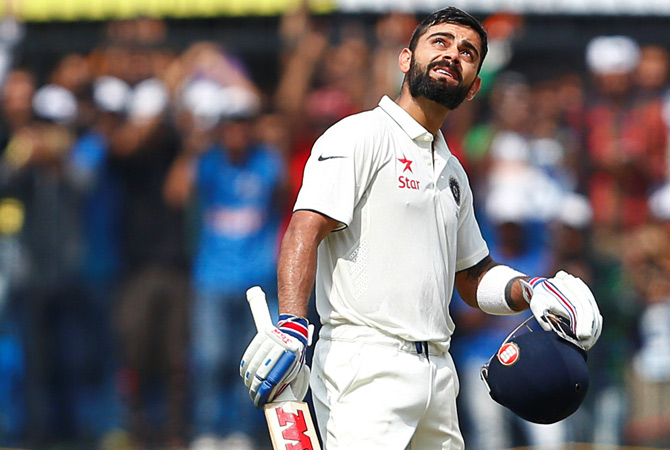
This is another litigation, which has not reached an honourable conclusion.
In this judgment attempting to clear the Augean stable in the gentleman's game, the court in July had accepted the recommendations of the Lodha committee it had set up with some modifications. However, the BCCI has been seen resisting the suggestions leading to various interim orders in the following months.
Despite several judgments, orders and deadlines, the objectives of the court, and that of cricket lovers, have not been achieved.

Swaraj Abhihyan vs Union of India

Although the Food Security Act came into force in July 2013, no machinery to implement it has been set up. The SC, therefore, passed two long judgments in May giving a timeline for the states to implement the mandate of the law. It passed six directions. Some of them are: appointment of district grievance officers, state commissions to monitor the implementation of the law, no denial of food grains because of absence of ration card, and extension of mid-day meals during school vacations.
In a related judgment, the court passed eight directions related to drought, which affected several states. Some of them are establishment of a disaster response force in six months and setting up of a mitigation fund in three months.

Union of India vs Cipla
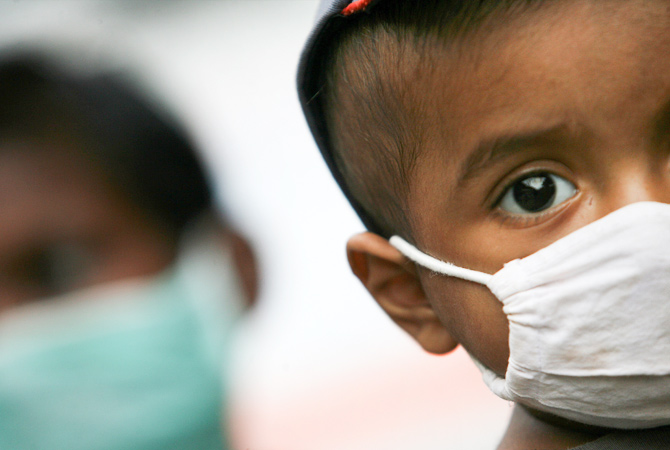
The Supreme Court in October upheld the government notifications under the Drug Price Control Rules, rejecting the opposition of Cipla and other pharmaceutical companies. The notifications were justified by the government on the ground that the drug companies were overcharging consumers by pricing the medicines beyond the retail price cap under the pretext of packaging costs.
The companies had argued that the notifications were reissued each year without application of mind and without determining the norms for packaging. The court ruled that the government was not under obligation to do so each year.

Pfizer Ltd vs Union of India

The pharmaceutical companies won their battle in the Delhi High Court when it struck down the ban on 344 fixed dose combination drugs stating that the action was taken by the central government without following procedures prescribed by the Drugs and Cosmetics Act and in a haphazard manner.
The government's contention was that it invoked Section 26A of the Act as an expert committee had reported there was risk involved in selling combination drugs when alternative medicines are available. It was in public interest, it had asserted.

Punjab vs Haryana
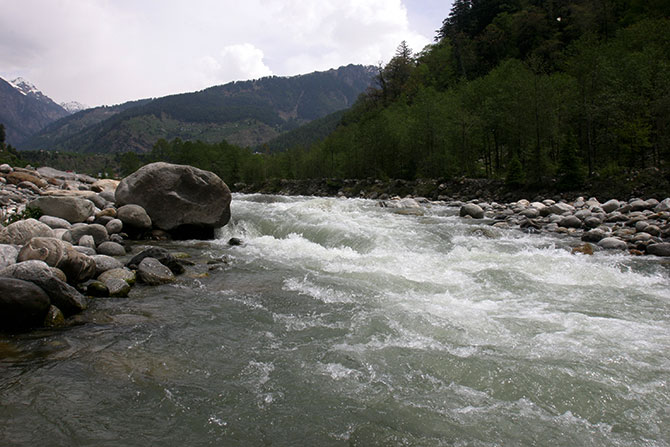
Answering a presidential reference in the dispute between Punjab and Haryana on sharing water, a constitution bench of the SC answered all the questions against Punjab. It declared as unconstitutional the Punjab Termination of Agreement Act 2004 intended to avoid the state's liability of constructing the Satluj-Yamuna Link canal and share the Ravi-Beas waters with neighbouring states.
The judgment said that by seeking to terminate its 1981 agreement with Haryana and Rajasthan, Punjab also sought to nullify two Supreme Court judgments of 2002 and 2004, and the consequent decree passed asking it to construct the canal on its territory.
Although the court stressed that "no government, whether central or state, can usurp the power of adjudicating disputes vested in the judiciary”, the inter-state issue is still simmering while elections are coming in Punjab.

Jindal Stainless vs Union of India
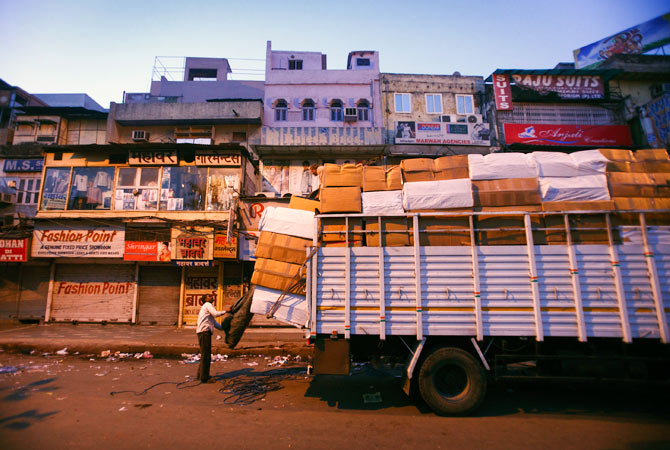
A nine-judge Constitution Bench of the Supreme Court in a 780-page judgment (by far the longest this year), upheld the entry tax demanded by state governments on goods entering their territory. Scores of companies had challenged the levy as unconstitutional and violative of the freedom of trade.
In seven separate judgments, the court ruled that the freedom of trade under Article 301 was not free from tax and a non-discriminatory tax would not violate Article 303(a).
Laws of individual states will be decided by smaller benches based on the principles laid down in this judgment.

Northern Coalfields vs HECL

The Supreme Court again lamented in this case that government corporations are fighting fratricidal litigation despite earlier attempts to send them to conciliation tables. In the preface to the judgment, the court stated: "This is yet another case that brings to fore a sad state of affairs when it comes to resolving disputes between two government-owned corporations."
In this case going back to 1997, the court traced earlier attempts to set up permanent disputes resolution mechanism and their failure.

Rashtriya Colliery Mazdoor vs BCCL
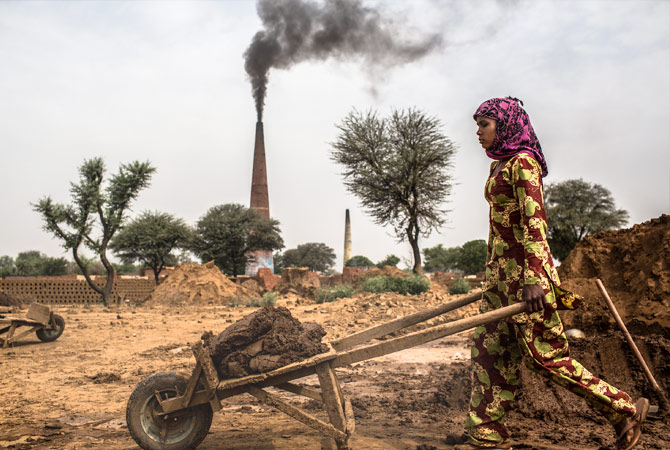
This is one of the many cases in which the Supreme Court granted relief to workers who were kept 'casual' for decades.
In this case going back to 1993, the court asked the management to pay Rs 4 lakh to 88 staff in lieu of absorption. In some cases, the central government even issued circulars to authorities to discharge temporary workers before the statutory 240 days when they can claim regularisation. The Uttaranchal High Court quashed three such circulars.
